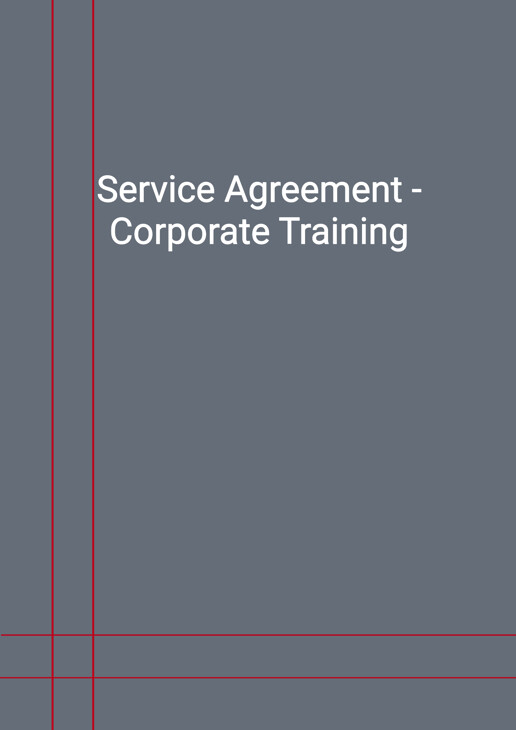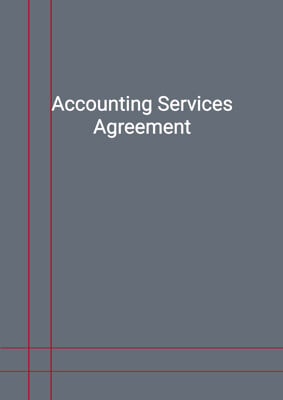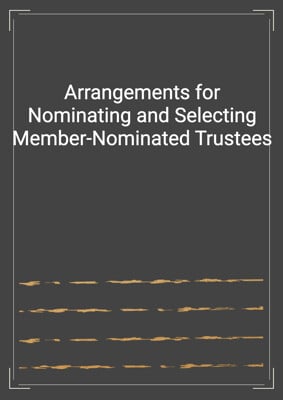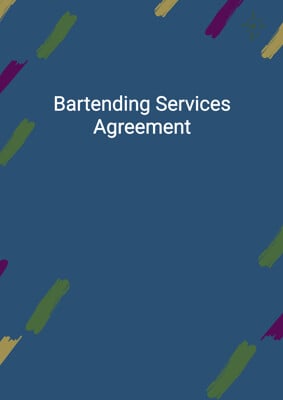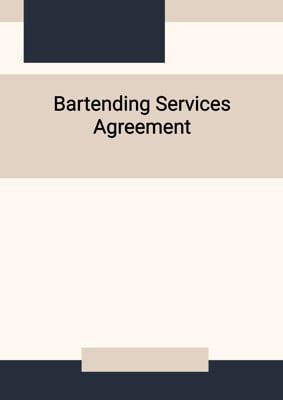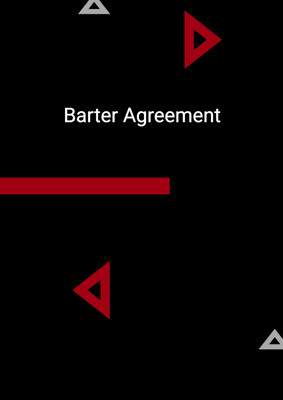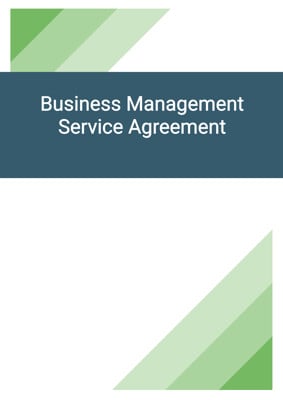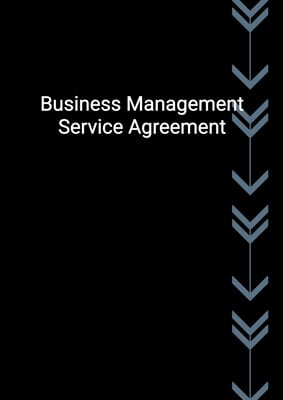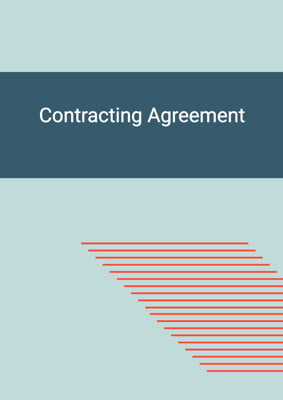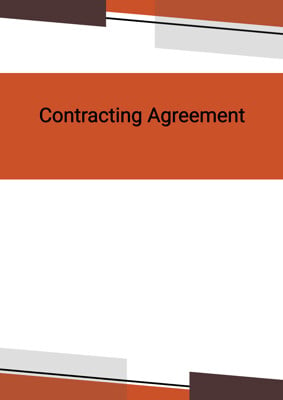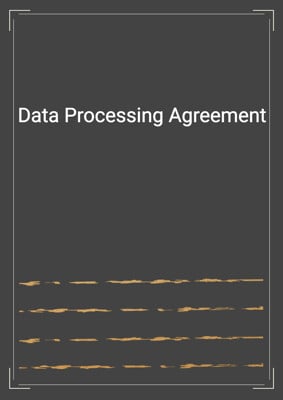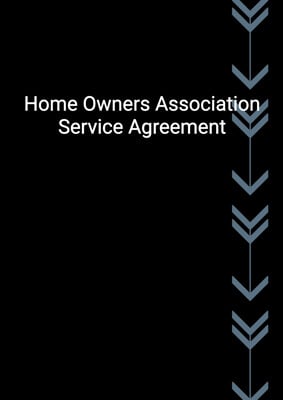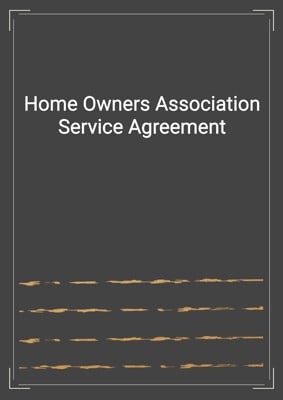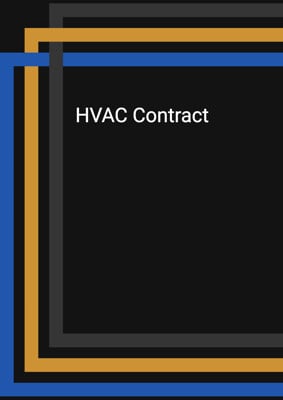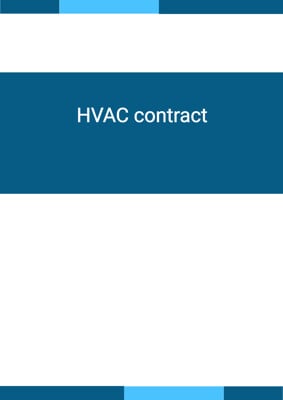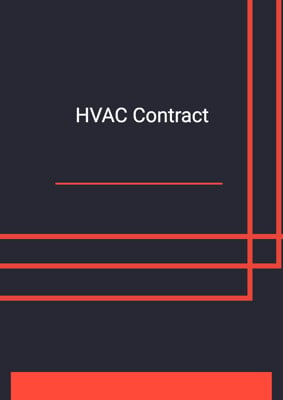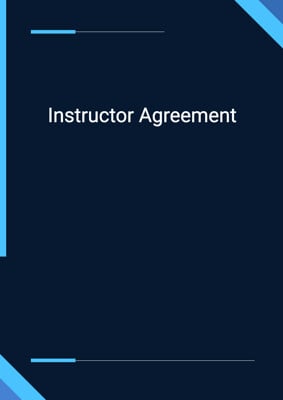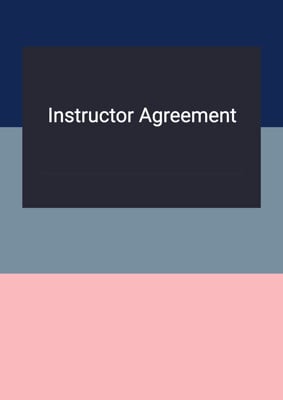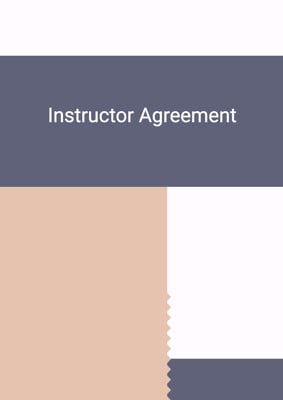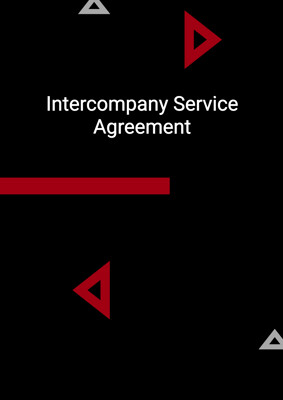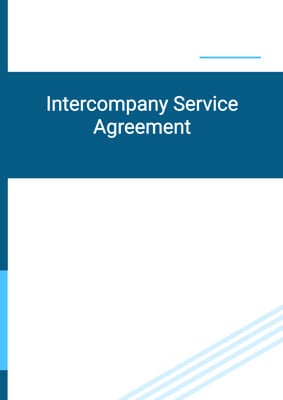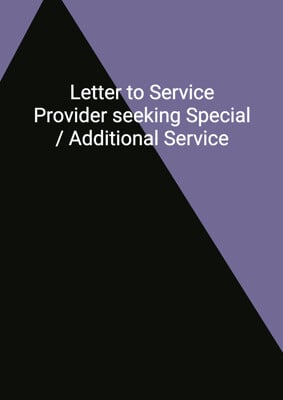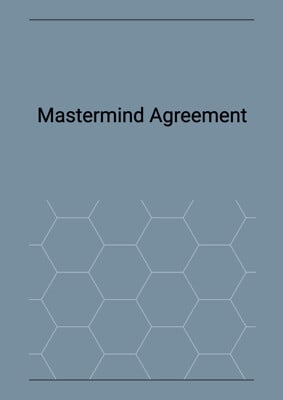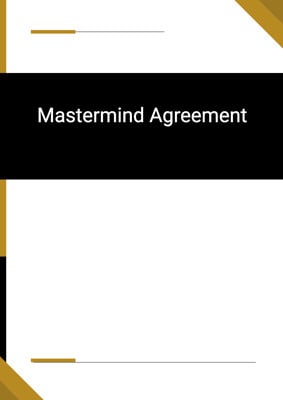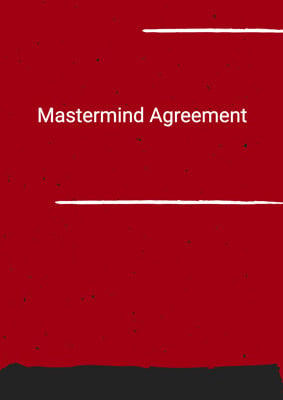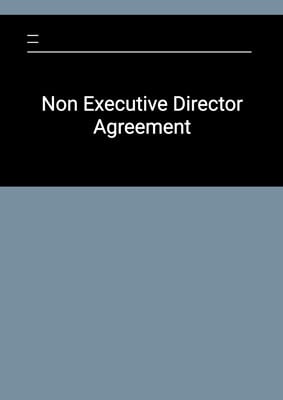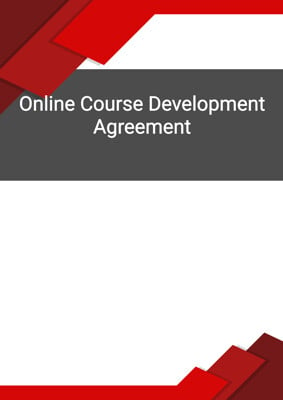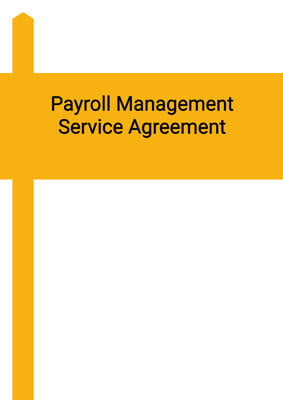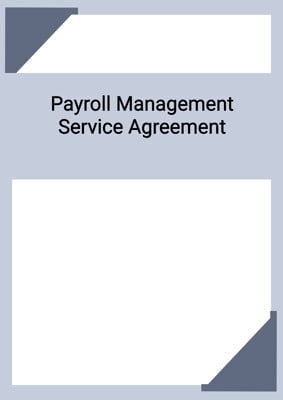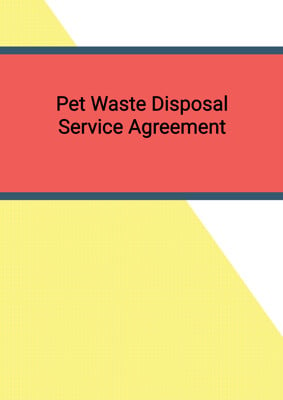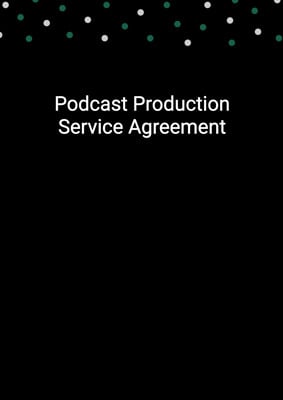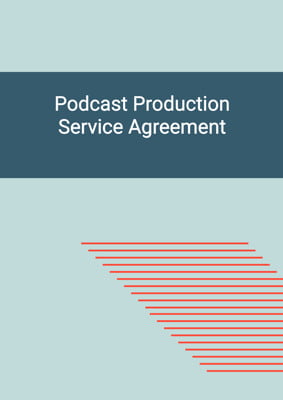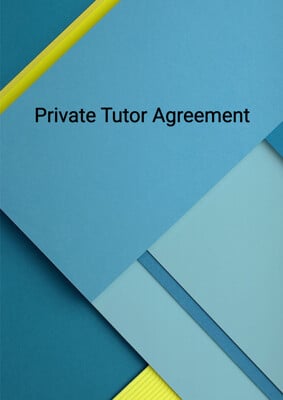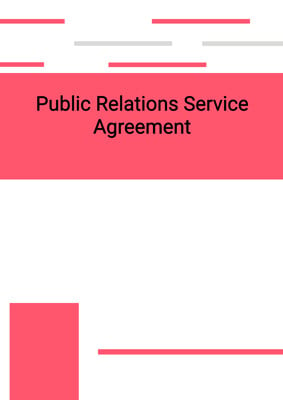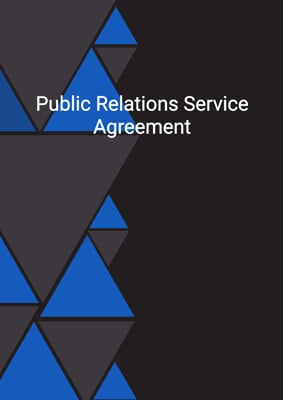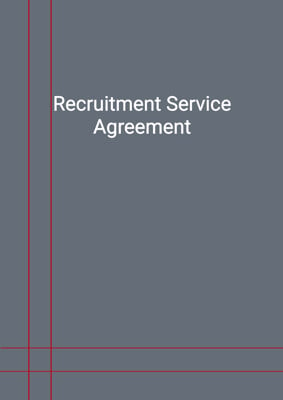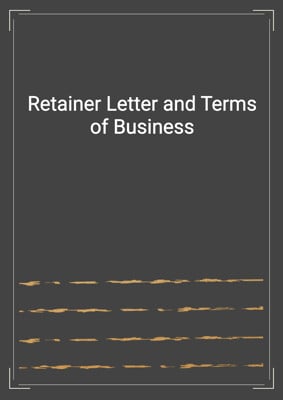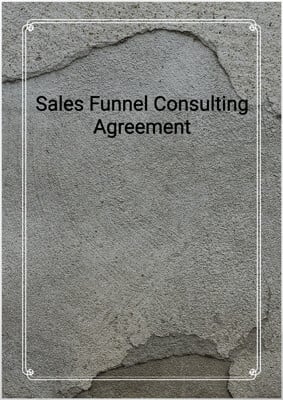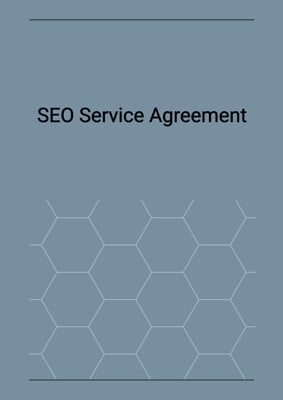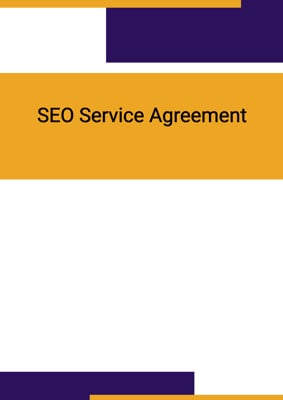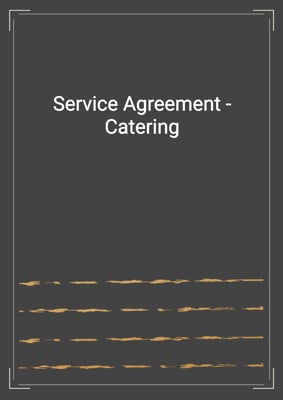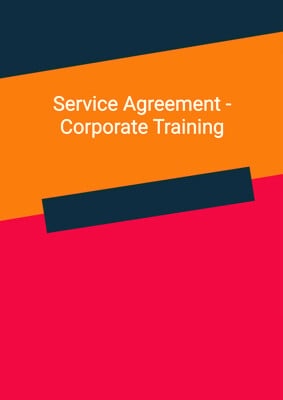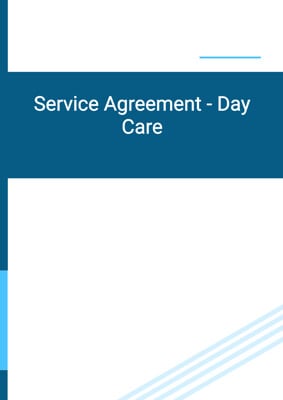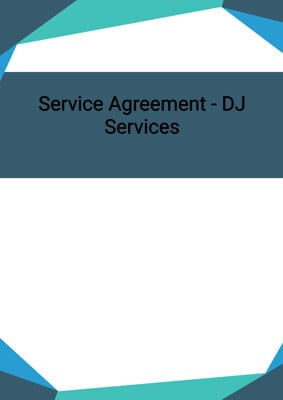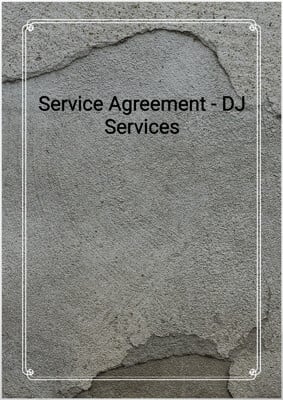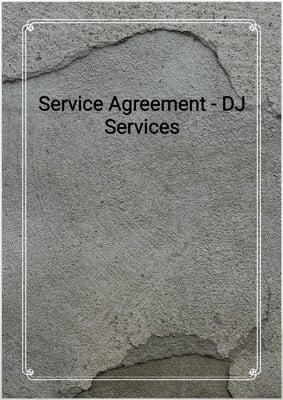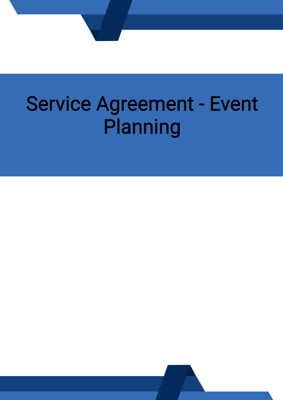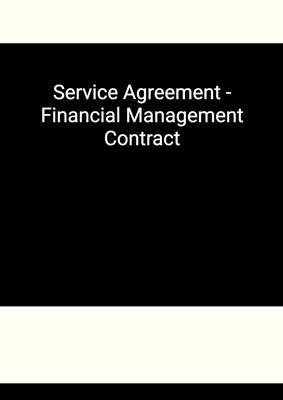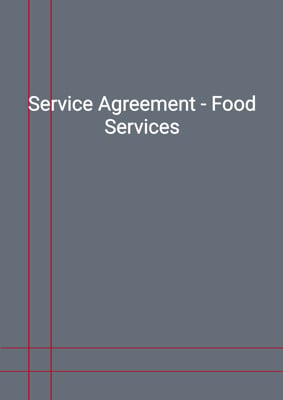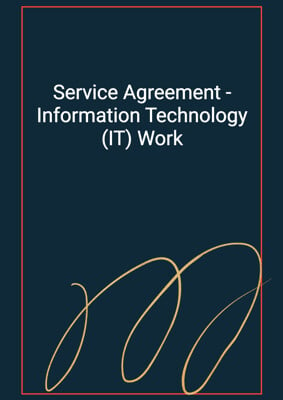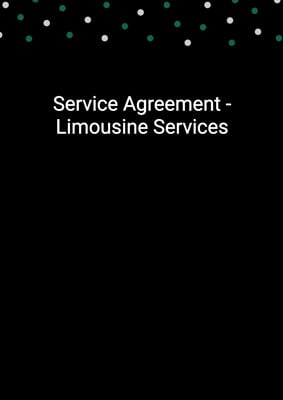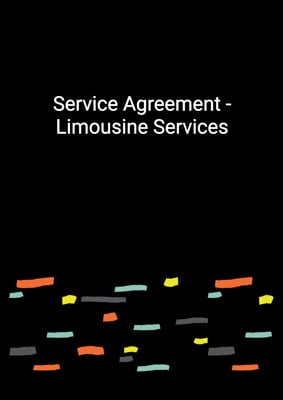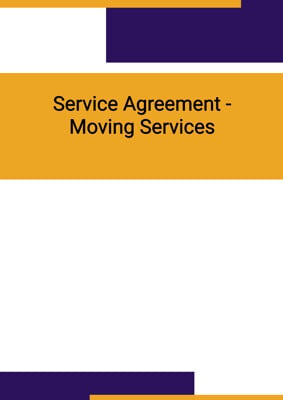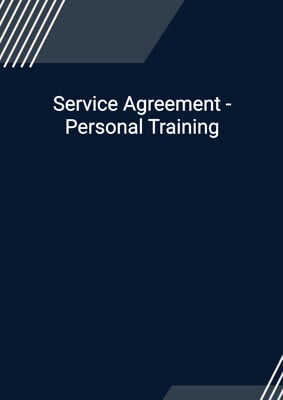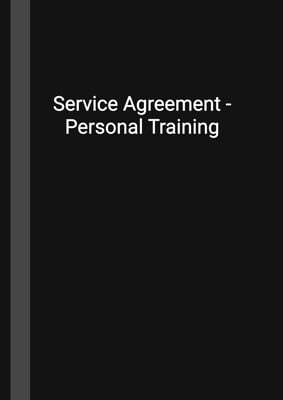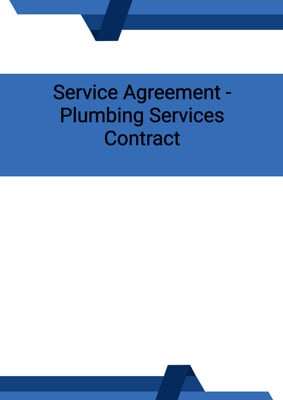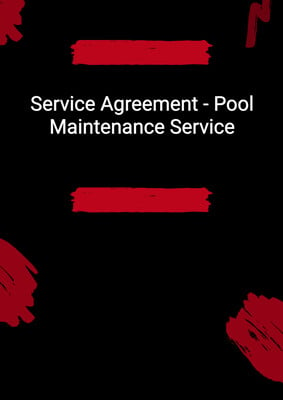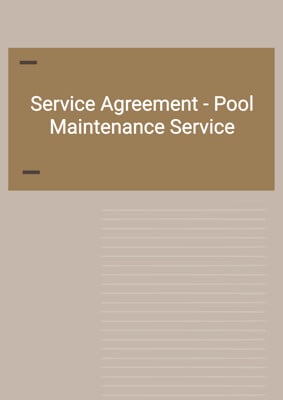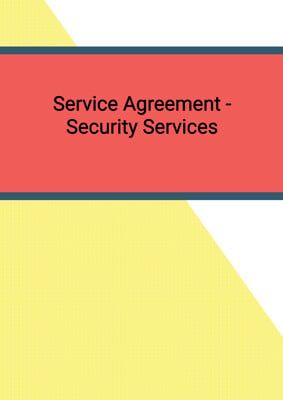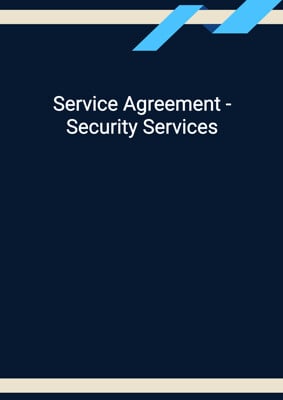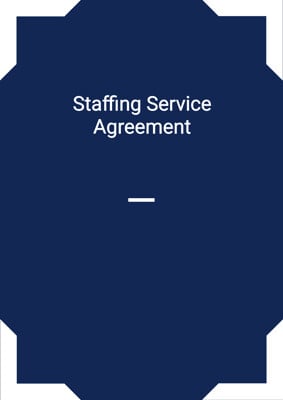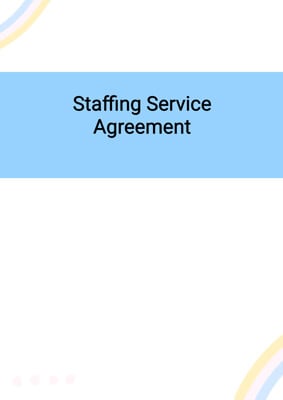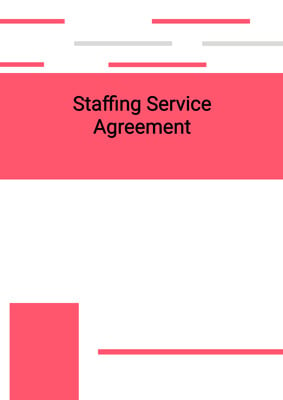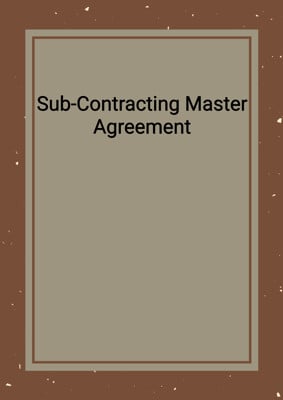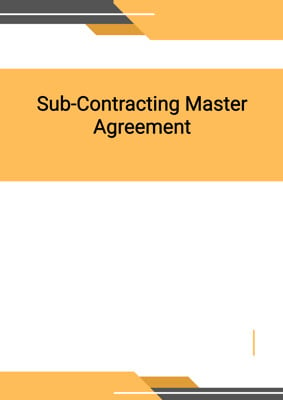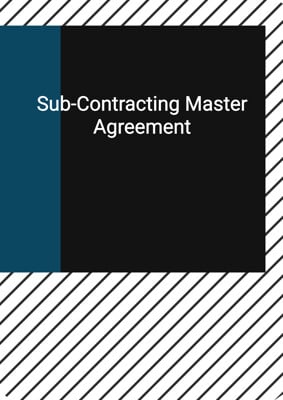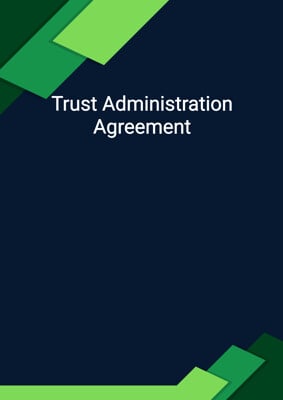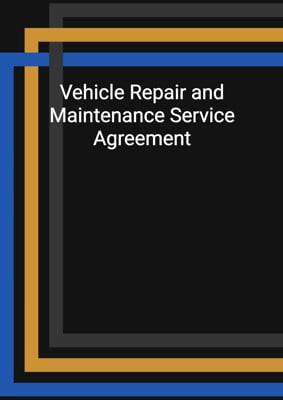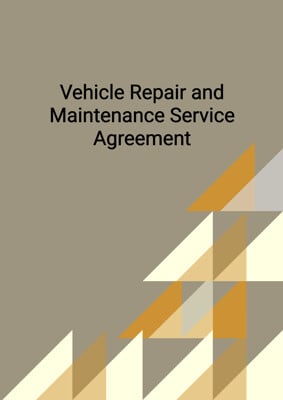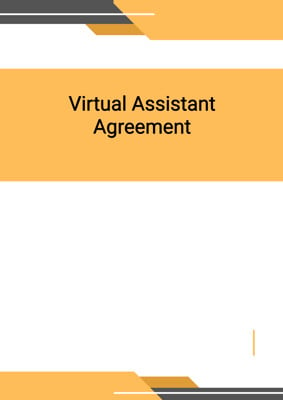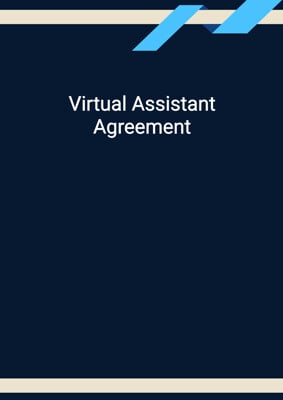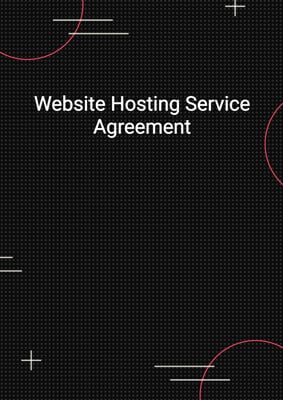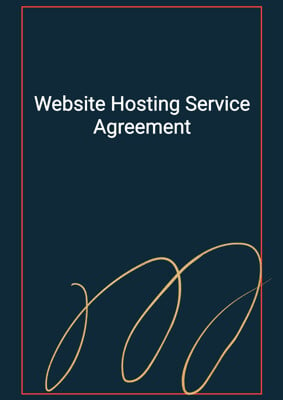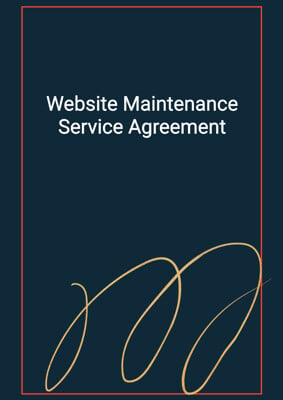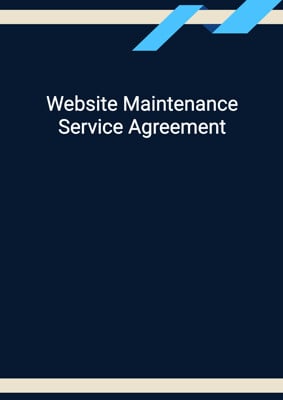How to Tailor the Document for Your Need?
01
Create Document
Fill in the details of the parties. You can click the "Fill with Member’s Information" button to complete it with information saved to your account.
02
Fill Information
Please fill in any additional information by following the step-by-step guide on the left hand side of the preview document and click the "Next" button.
03
Get Document
When you are done, click the "Get Document" button and you can download the document in Word or PDF format.
04
Review Document
Please get all parties to review the document carefully and make any final modifications to ensure that the details are correct before signing the document.
Document Preview
Document Description
The Service Agreement - Corporate Training is a document that outlines the terms and conditions between the service provider and the client for the provision of on-site corporate training services. This agreement is important as it establishes the rights and obligations of both parties, ensuring clarity and preventing any misunderstandings or disputes.
The entire document is divided into several sections, each addressing specific aspects of the agreement. The first section is the interpretation, which provides definitions for key terms used throughout the agreement. This ensures that both parties have a clear understanding of the terminology used.
The second section outlines the service provider's obligations. It states that the service provider will use their professional knowledge and skills to provide the services at the specified location. The service provider is also responsible for providing any necessary materials and conducting the services in a professional and diligent manner.
The third section focuses on the completion of the work. It emphasizes that time is of the essence and that the services should be completed by the agreed-upon completion date. If there are any delays, the client may grant an extension, but if the services are not completed by the completion date, the client is entitled to liquidated damages.
The fourth section addresses the workers involved in providing the services. It states that the service provider will assign a team of employees to perform the services and reserves the right to substitute employees if necessary. It also specifies the break and substance use policies for the employees.
The fifth section requires the service provider to obtain all necessary licenses and permits to provide the services. This ensures that the services are being carried out in compliance with applicable laws and regulations.
The sixth section highlights the technical requirements for utilizing the services. The client may need to meet specific software or hardware requirements, and the service provider will inform the client of these requirements in advance. If technical issues arise during the services, both parties may agree to reschedule.
The seventh section addresses the release of photographs taken during the training service. The client grants the service provider the right to use these photographs for various purposes, and the client agrees to hold the service provider harmless for any liabilities arising from the use of the photographs.
The eighth section focuses on licenses, insurance, and liability. The service provider must obtain the necessary licenses and maintain appropriate insurance coverage. The client is responsible for any injuries caused by their gross negligence.
The ninth section outlines the service fees and payment terms. The client agrees to pay the service provider a service fee according to the specified schedule. The service provider will invoice the client, and payment is due within a certain timeframe. Any expenses incurred by the service provider will be itemized and reimbursed by the client.
The tenth section includes warranties and indemnities. The service provider must promptly notify the client of any delays, problems, or complaints related to the services. The client must report any defects in the service provider's performance. The service provider is obligated to rectify any defaults.
The eleventh section covers the term and termination of the agreement. The agreement is effective until the completion of the services, but either party may terminate it with written notice. Termination may occur for various reasons, including non-payment or failure to proceed diligently with the services.
The twelfth section addresses the ownership of materials and intellectual property. Materials delivered to the venue become the property of the client, and any intellectual property developed under the agreement belongs to the client. The service provider may not use the client's intellectual property without written consent.
The thirteenth section deals with confidential information. Both parties agree to keep confidential any information disclosed during the agreement, except in certain specified circumstances.
The fourteenth section relates to announcements and publicity. Any announcements or disclosures regarding the agreement require prior written approval from all parties, unless required by law or regulations.
The fifteenth section states that any variation of the agreement must be in writing and signed by all parties. Variations do not constitute a waiver of any provisions and do not affect any rights or obligations already accrued.
The sixteenth section prohibits the assignment or sub-contracting of the agreement without prior written consent from the other party.
The seventeenth section contains a severability clause. If any provision of the agreement is deemed illegal, void, or unenforceable, it will be removed, but the remaining provisions will remain in full force and effect.
The eighteenth section requires the parties to perform any further acts or execute additional documents necessary to implement the agreement.
The nineteenth section includes a warranty of capacity and power. Each party represents and warrants that they have the authority and capacity to enter into and carry out their obligations under the agreement.
The twentieth section addresses force majeure events. If a party is unable to perform their obligations due to causes beyond their control, they are entitled to a reasonable extension of time.
The twenty-first section clarifies that the agreement does not confer any rights on third parties.
The twenty-second section provides for arbitration and specifies the proper law governing the agreement.
The twenty-third section outlines the procedures for giving notices and serving documents. It specifies the methods of delivery and the addresses of the parties.
The twenty-fourth section allows the agreement to be executed in multiple counterparts, with each counterpart considered an original document.
How to use this document?
To use the Service Agreement - Corporate Training document, follow these steps:
1. Review the agreement: Familiarize yourself with the terms and conditions outlined in the document.
2. Customize the agreement: Fill in the necessary information, such as the names and addresses of the service provider and client.
3. Specify the services: Clearly describe the on-site corporate training services to be provided by the service provider. Include any specific requirements or expectations.
4. Determine the completion date: Agree on a completion date for the services. If necessary, specify any extensions or liquidated damages for non-completion.
5. Assign employees: Determine the team of employees who will perform the services. Clarify any break and substance use policies.
6. Obtain licenses and permits: Ensure that the service provider has obtained all necessary licenses and permits to provide the services.
7. Communicate technical requirements: Inform the client of any software or hardware requirements for utilizing the services. Discuss potential rescheduling options for technical issues.
8. Address photographs and releases: Discuss the use of photographs taken during the training service and obtain the client's consent for their use.
9. Establish service fees and payment terms: Agree on the service fee and payment schedule. Clarify any additional expenses and reimbursement procedures.
10. Understand warranties and indemnities: Be aware of the service provider's obligations regarding delays, problems, and complaints. Report any defects in the services promptly.
11. Determine the term and termination: Decide on the duration of the agreement and the conditions for termination. Understand the rights and obligations in case of termination.
12. Manage ownership of materials and intellectual property: Clarify the ownership of materials and ensure that the service provider does not use the client's intellectual property without consent.
13. Maintain confidentiality: Keep all disclosed information confidential, except in specified circumstances.
14. Seek approval for announcements and publicity: Obtain written approval from all parties before making any announcements or disclosures regarding the agreement.
15. Handle variations: Any variations to the agreement must be in writing and signed by all parties. Ensure that variations do not waive any provisions or affect accrued rights.
16. Prohibit assignment or sub-contracting: Obtain written consent before assigning or sub-contracting any obligations under the agreement.
17. Address severability: Understand that if any provision of the agreement is deemed illegal or unenforceable, it will be removed, but the remaining provisions will remain in effect.
18. Perform necessary acts and execute documents: Fulfill any further acts or execute additional documents required to implement the agreement.
19. Ensure capacity and power: Represent and warrant that you have the authority and capacity to enter into and carry out your obligations under the agreement.
20. Prepare for force majeure events: Be aware that if a force majeure event occurs, it may result in a reasonable extension of time for performing obligations.
21. Understand third-party rights: Note that the agreement does not confer any rights on third parties.
22. Resolve disputes through arbitration: Use reasonable endeavors to resolve any disputes amicably and in good faith. Consider arbitration if necessary.
23. Follow notice and service procedures: Serve notices in accordance with the specified methods and addresses.
24. Execute counterparts: Sign the agreement in multiple counterparts, with each counterpart considered an original document.
Not the right document?
Don’t worry, we have thousands of documents for you to choose from:
